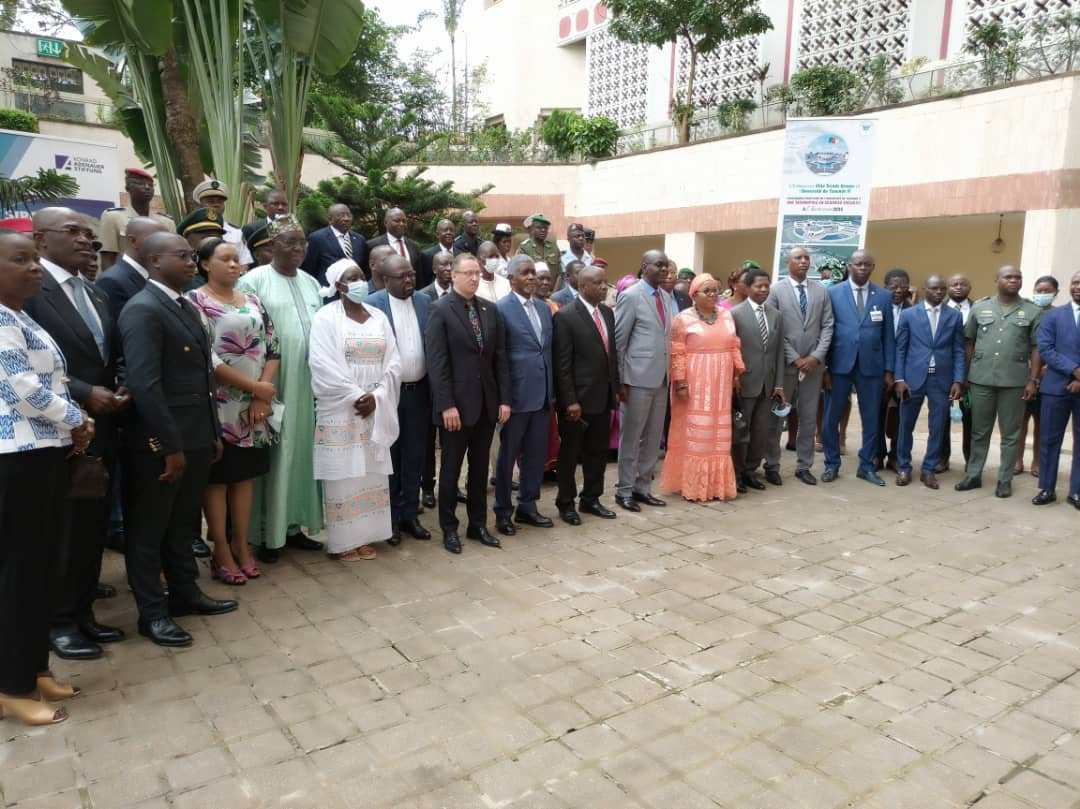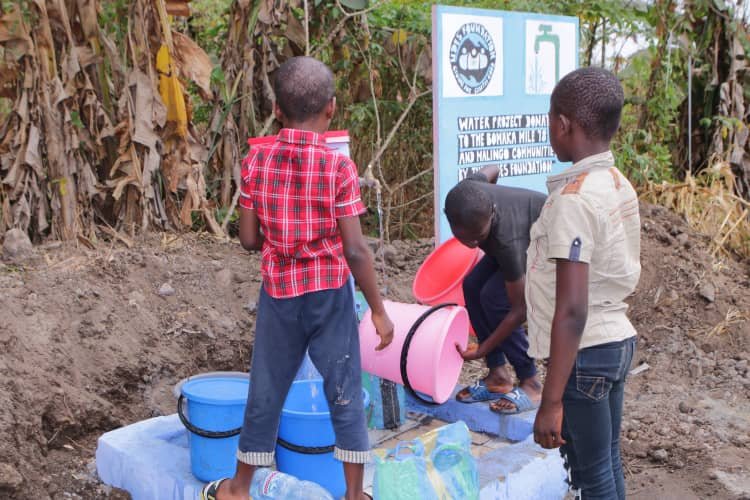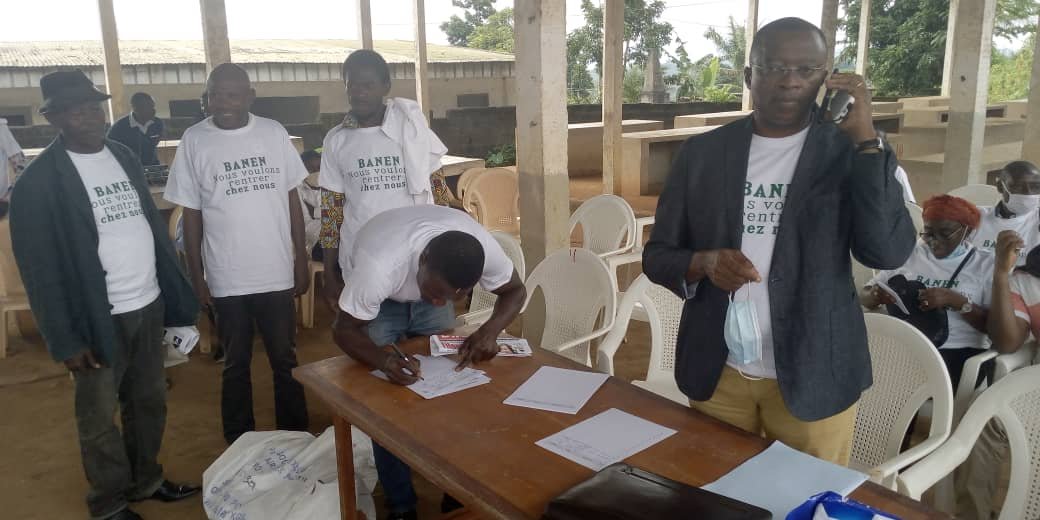Close to a hundred participants from West and Central African states are meeting in Yaounde, Cameroon’s nation capital as part of a three day regional conference initiated by the Konrad Adenauer Stiftung foundation and the University of Yaounde II. The meeting launched on July 21, 2021 at the Hilton hotel is aimed […]
Cameroon
Deputy speaker at the national assembly of Cameroon, Honourable Emilia Monjowa Lifaka died on April 20, 2021 in Buea, South-West region. Member of Parliament for the Fako West constituency passed on at the Buea regional annex hospital after a brief illness. The sudden departure of the vice-president of the national assembly who was […]
As part of their mission to empower the underprivileged through the provision of technical, material and financial assistance, NDES foundation granted a borehole water to communities living in the neighbourhoods of Malingo, Bomaka and Mile 18, all located in Buea, South-West region of Cameroon. The donation that took place on March 8, 2021 under the […]
Yaounde-Cameroon, March 18, 2021 marked the date of elections at the parliament in Cameroon. The election of a new bureau to lead affairs of the national assembly was supervised by the eldest Member of Parliament, Honorable Laurentine Koa Mfegue. The process conducted in a peaceful atmosphere led to the landslide victory of incumbent Member of […]
The association of scientific journalists and communicators for the promotion of health in Cameroon known in its French acronym as AJC-PROSANTE has made key recommendations to the government in a bid to help and scale up the fight against the Covid-19 pandemic. This came to light during a press conference held on Wednesday 17th March […]
“We are here to look for ways and means based on the existing legal structures for the acquisition of licenses for local communities and be able to make some propositions to the government in order to ease conditions for acquiring these documents.” said Moses Ncho Tabe, one of the participants at the two day workshop […]
Journalists have been urged to uphold professionalism and operate within the confines of the law as they execute their duties of disseminating information. This came to light during a four-day workshop on Press Freedom and Human Rights that attracted about 30 journalists from various regions of Cameroon in Douala. The workshop that took place from […]
As activities marking the 39th edition of the international peace day are observed nationwide, the ministry of youth affairs and civic education organized this September 21 an official ceremony in Yaounde, Cameroon. The ceremony which comes at a moment Cameroon is entangled in the Boko Haram war in the Far North region and the crisis […]
To mark its first anniversary, humanitarian based organization-NDES foundation has undertaken a donation of gifts to several families in dire need. A total of 300 households based in Muea, Mbengwi and Njikwa in the North and South West regions of Cameroon received raw food items from the NDES foundation. The donations that were launched by […]
Samuel Moth, Member of Parliament at the national assembly of Cameroon has initiated an explanatory and sensitization campaign related to the Ebo forest in the Nkam division, littoral region of the country as part of activities defined in his road map. The newly elected Member of Parliament from the ruling Cameroon people’s democratic movement (CPDM) […]











